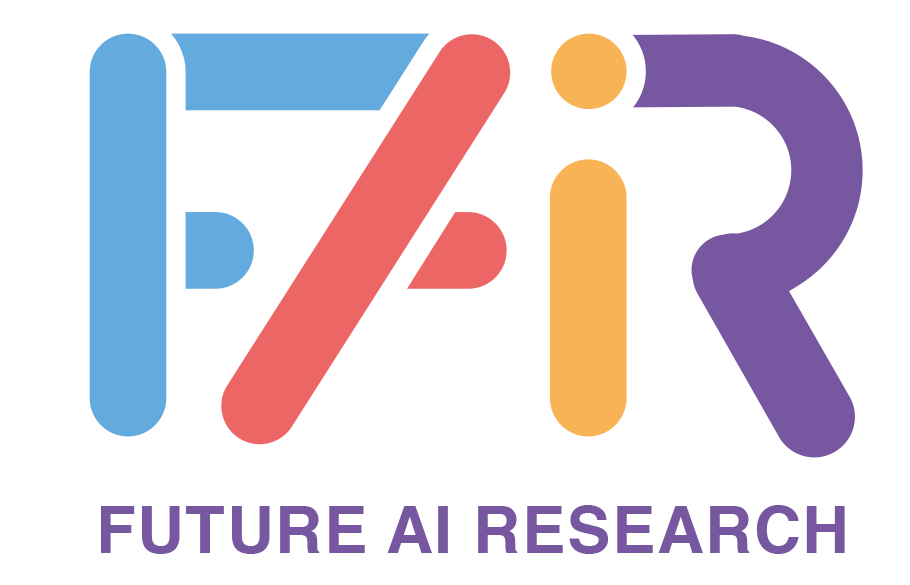
Funded under: EU
Start date 02 January 2023 End date 31 December 2025
The activity is carried out in the framework of FAIR project, Spoke 8 "Pervasive AI" and, in particular, in two WPs:
| WP 8.2 Founding principles of Machine Learning for controllable and explainable Artificial Intelligence |
| WP 8.1 Multi-scale learning and reasoning in pervasive AI systems |
The goal of this WP 8.2 is to develop rigorous methods at the intersection of mathematics, physics, statistics, and computer science, to understand how, why and to what extent modern machine learning models work. The purpose is to provide new tools to control and explain AI and to boost its ubiquitous diffusion and uptake.
Along this line, the contribution of Signal and Images Lab will focus on the development and investigation of bio-inspired neural network models, such as spiking neural networks, with different kind of connectivity structures.
The link topological structure in the network model is allowed to evolve according to a learning procedure, thus involving also the investigation of different bio-inspired backstepping controllers and cost functions.
The evolution of statistical indices that are associated with the self-organizing capacity of the neural network will be computed in order to test the network efficiency during the learning procedure.
In particular, an event-based complexity approach, and the associated event-based signal processings tools, will be used to evaluate the self-organizing dynamics of the neural network models. This approach, also known as temporal complexity (TC), aims at investigating the features of crucial transition events in data streams, such as time-varying networked data, which are used as a signature of global self-organizing dynamics.

| |
 |